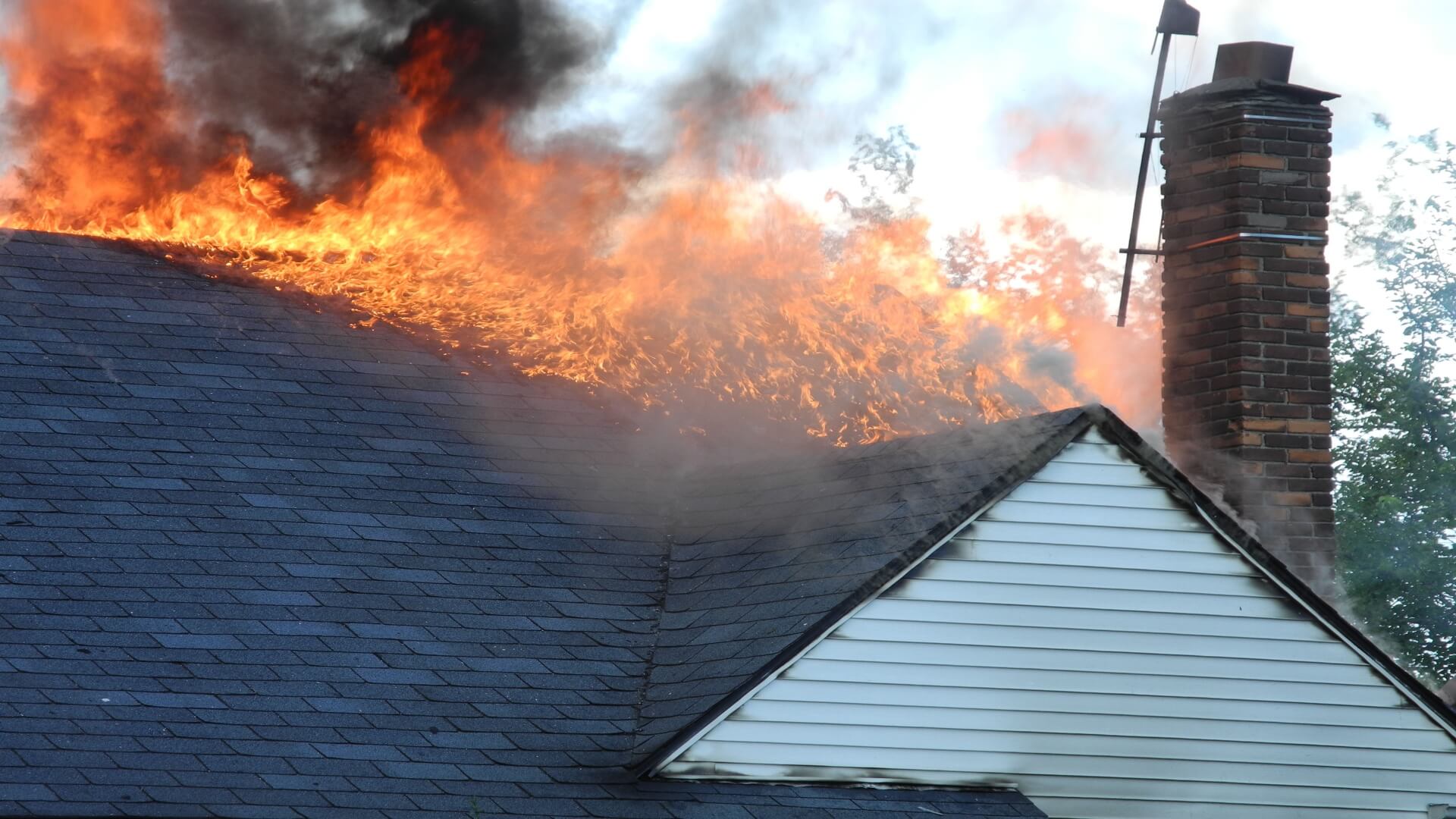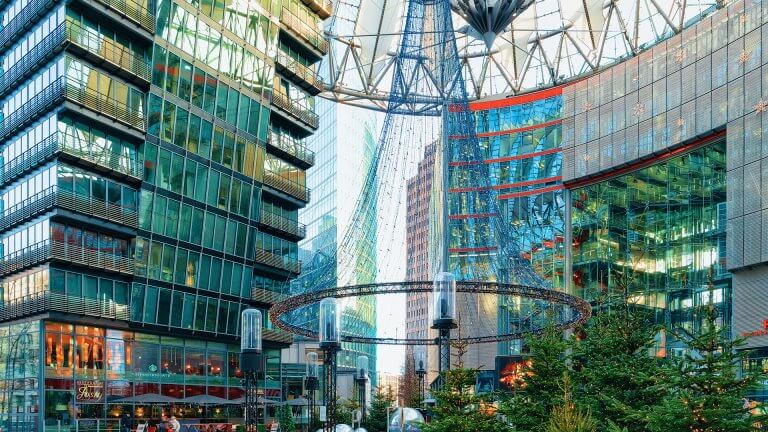As with all types of real estate investments, there is no quick and easy answer to this question. Whether or not it is worth purchasing a fire-damaged property means conducting the same due diligence as when purchasing any other property in need of repair.
Where a fire-damaged property has only the kind of remedial damage that can be repaired quite easily, renovating it and selling it on could be extremely profitable. But if there are major structural or safety issues of any kind behind the scenes, bringing it up to an acceptable state of repair could be practically impossible, at least in terms of profitability.
What to Look for Before Purchasing a Fire-Damaged Property
Before even considering buying a property that has been damaged by fire, it is essential to hire an extensively qualified and experienced surveyor. The extent to which the building will need to be inspected and assessed may go beyond the capabilities of many mainstream contractors or advisors.
Each of the following can play a major role in determining whether or not a fire-damaged property represents a viable (and profitable) investment opportunity:
1. Structural issues
An experienced structural engineer will need to verify if and to what extent any load bearing walls around the property have been damaged, and whether there are any potentially dangerous structural issues in general.
2. Smoke
The permeation of smoke around a property in the wake of a fire can lead to a great many health and safety implications, which go beyond the physical appearance and smell of smoke – both of which will also need to be dealt with.
3. Plumbing and wiring
Even a relatively minor fire can cause extensive damage to the plumbing and wiring systems of a property, calling for major repairs and component replacements.
4. Asbestos
When a property that was built before 1989 is damaged by fire, a comprehensive inspection needs to be conducted for the presence of asbestos. Where asbestos is found to have been present, extensive specialist works may be required to remove it safely.
5. Water damage
Unfortunately, the water (and other substances) used to extinguish a fire in a property of any kind can cause just as much damage as the fire itself. A broad range of potential damage is caused by water and must therefore be checked for.
The simple fact of the matter is that when an inspection is performed on a fire-damaged property, at least one (though likely more than one) of the above factors will come into play. Hence, whether or not it is worth considering purchasing and renovating the property will be determined by the nature and extent of the damage caused by the fire.
The Positives of Purchasing a Fire-Damaged Property
On a more positive note, purchasing a property that has been damaged by fire to a fairly rudimentary extent can pave the way for a profitable ‘flipping’ project. Fire-damaged homes regularly go on sale for prices significantly lower than the actual market values.
Demand for fire-damaged properties is comparatively low and many investors are not willing to invest the time and effort needed to bring them back to an acceptable standard; or for that matter, pay for the property to be meticulously inspected and assessed by a surveyor and/or structural engineer.
In addition, owners of fire-damaged properties often pursue quick sales to unload them as quickly as possible. With fast-access funding like bridging loans, fire-damaged properties can sometimes be snapped up at prices much lower than they are actually worth.
Again, it all depends on the extent of the damage and the longer-term resale potential the property has. But where fire damage is not particularly serious, buying and renovating fire-damaged homes can be a surprisingly profitable venture. – https://ukpropertyfinance.co.uk/
























